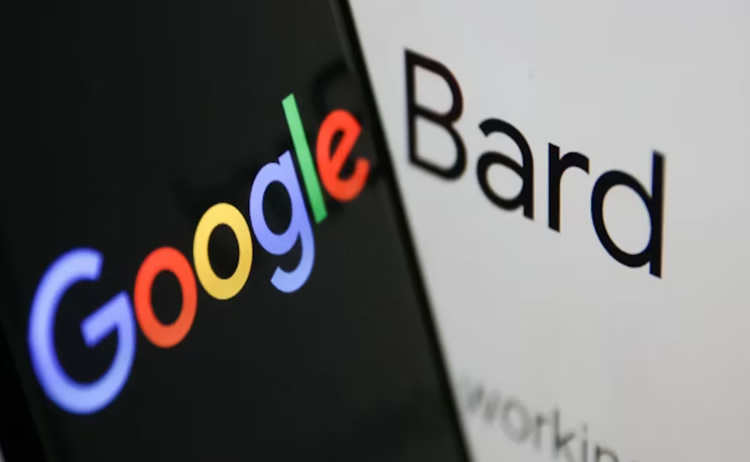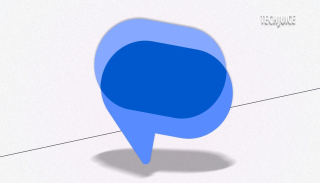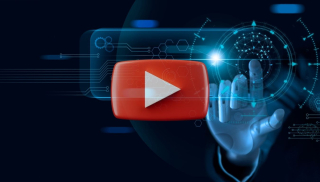Google’s parent Alphabet experienced a sharp fall of 7% in its shares, resulting in a loss of $100 Billion in market value, on Wednesday. The loss was followed by an event held by the company which promoted its new artificial intelligence chatbot called Bard, one day after Microsoft held its own event to show off new AI technologies.
During the event which was steamed live across multiple platforms from Paris, in which Google executives discussed some of Bard’s capabilities. The presentation showed how Bard could be used to display the pros and cons of buying an electric car, for example, or to plan a trip to Northern California.
The stock may have also been partially dinged by an advertisement for Google Bard that showed incorrect information. Google’s ad showed an incorrect description of the telescope used to take the first pictures of a planet outside our solar system, for example. And it showed that Bard may be behind competitors like ChatGPT and Microsoft Bing.
Alphabet posted a short GIF video of Bard in action via Twitter, promising it would help simplify complex topics, but it instead delivered an inaccurate answer.
In the advertisement, Bard is given the prompt: “What new discoveries from the James Webb Space Telescope (JWST) can I tell my 9-year-old about?”
Bard responds with a number of answers, including one suggesting the JWST was used to take the very first pictures of a planet outside the Earth’s solar system or exoplanets.
The first pictures of exoplanets were, however, taken by the European Southern Observatory’s Very Large Telescope (VLT) in 2004, as confirmed by NASA.
A Google spokesperson said of the ad said:
“This highlights the importance of a rigorous testing process, something that we’re kicking off this week with our Trusted Tester program. We’ll combine external feedback with our own internal testing to make sure Bard’s responses meet a high bar for quality, safety, and groundedness in real-world information.”
https://twitter.com/Google/status/1622710355775393793
Bard’s error was discovered just before the presentation by Google, based in Mountain View, California. Gil Luria, senior software analyst at D.A. Davidson said about Bard’s failure:
“While Google has been a leader in AI innovation over the last several years, they seemed to have fallen asleep on implementing this technology into their search product. Google has been scrambling over the last few weeks to catch up on Search and that caused the announcement yesterday (Tuesday) to be rushed and the embarrassing mess up of posting a wrong answer during their demo.”
Just one day before Google’s event, Microsoft hosted its own AI event at its headquarters in Redmond, Washington. Microsoft’s event mainly included the exhibition of its new AI-powered updates to the company’s Bing search engine and Edge browser.
Bard is powered by the large language model LaMDA or Language Model for Dialogue Applications. The event also showed AI improvements to a number of other Google products, including Maps and Google Lens, which lets people search for images from their phone’s camera.
Shares of Alphabet slid during the event, suggesting that investors were hoping for more in light of growing competition from Microsoft.
Though Microsoft’s latest AI investments increase the pressure on Google search, some analysts say it will take time for Microsoft to see any significant gains. Jefferies’ analyst Brent Thill wrote in a Tuesday note:
“Search improvements will act as a tailwind to [advertising revenue long term], but it will take time to bring users back to Bing and they will need a crowbar to pry away advertisers from Google. We view these updates as the tip of the iceberg for MSFT’s AI capabilities, with the largest opportunity in enterprise use cases.”
Even so, the analysts said they believe Google’s AI technology is “at least as good” as its competition.
“Leveraging its years of AI investment (which drove a near doubling of CapEx in 2018) and unparalleled scale, this should help the company defend its market position in the long run,”
Read More:












